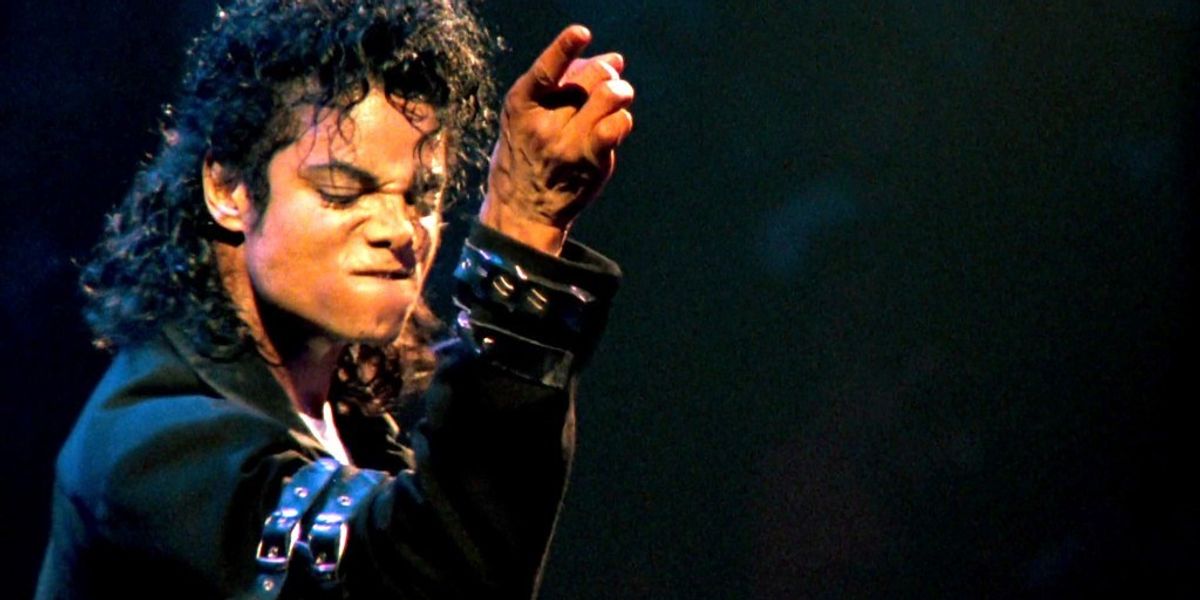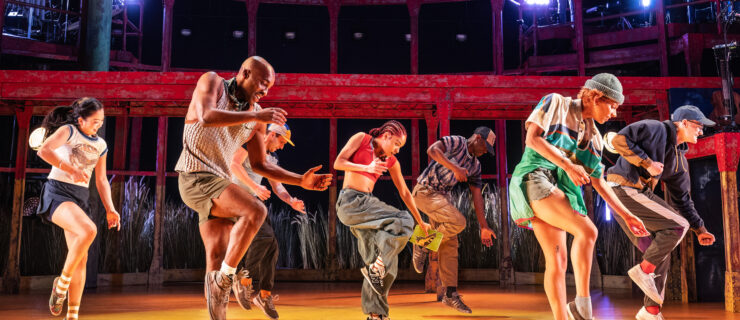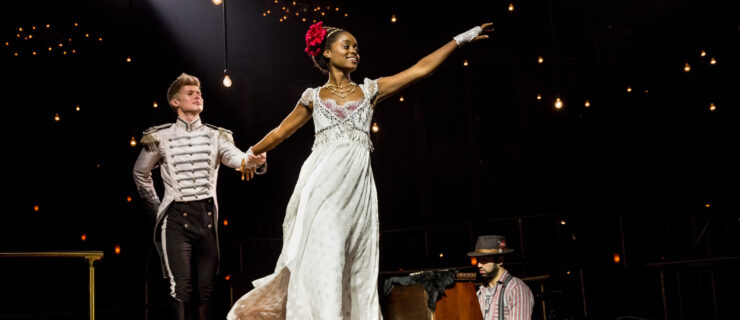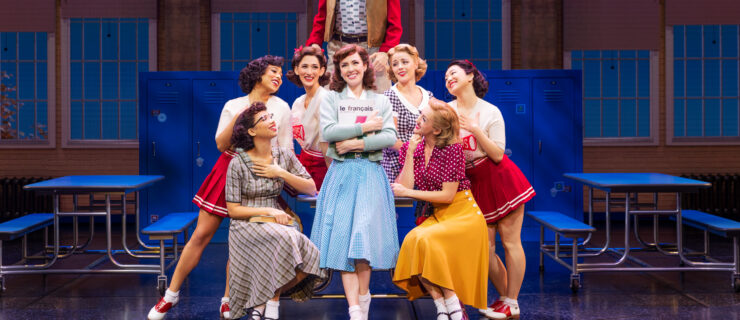Despite Michael Jackson's Molestation Allegations, MJ The Musical Will Hit Broadway This Summer
The hotly-debated Michael Jackson biomusical is back on. Not that it was ever officially off, but after its pre-Broadway Chicago run was canceled in February, its future seemed shaky.
Now, the show has secured a Broadway theater, with previews starting July 6 at the Neil Simon Theater.
Already, the musical has been through several stages of change: The Chicago cancellation occurred following the release of Leaving Neverland, the HBO documentary that delves into accusations that Jackson molested children, including choreographer Wade Robson. Early on, writer Lynn Nottage and director–choreographer Christopher Wheeldon had said that they imagined the show would address these allegations—though they had always been denied by Jackson himself—and that it planned to focus on his early-1990s era, as he prepared for a tour to promote his “Dangerous” album. It’s not clear if either of those ideas have been retooled.
One thing that definitely has been retooled is the musical’s name: Don’t Stop ‘Til You Get Enough is now simply MJ The Musical.
And the show continues to evolve—it’s currently in the midst of its third developmental workshop.
With Wheeldon on board, we expect no shortage of stellar dancing. But the fact that the musical is still happening is surprising. While some diehard Jackson fans are rallying in support amidst the accusations, others have had enough. (Earlier this year, writer Alison Feller penned an op-ed for Dance Magazine stating that despite Jackson’s indelible mark on our culture, it’s time to stop dancing to his songs.)
This spring, Nottage admitted to The Daily Mail that she believes Jackson’s accusers, and described the pop star as “an immensely flawed human being.” Later in a New York Times interview, Nottage and Wheeldon spoke further about their thoughts on the controversy, without outright taking sides. The pair said they intend to paint a balanced picture of Jackson, with Wheeldon noting, “part of what we do as artists is we respond to complexity.”




